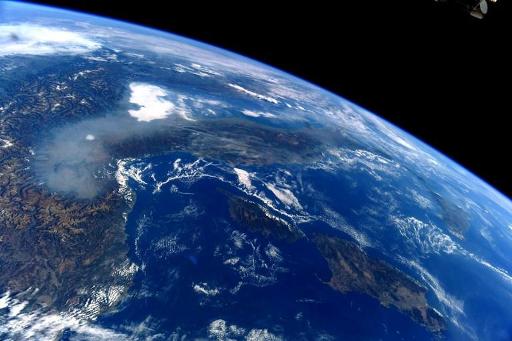Europe will not reach its environmental objectives in 2020 but can do so in 2030 or 2050 if it addresses the "challenges of magnitude and urgency without precedent" that lie ahead, the European Environment Agency (EEA) warned on Wednesday in its five-yearly report.
Whether by chance or not, the report is being published at a time when COP25 is in full swing in Madrid and a new European Commission has just taken up its functions.
"If most of the 2020 objectives are not reached, particularly in terms of biodiversity, it is still possible to achieve the 2030 and 2050 long-term objectives," the report entitled "The European environment — state and outlook 2020", noted.
To fight against "the alarming pace of biodiversity degradation, the increase in the impact on climate change and the overconsumption of natural resources," the EU must act "urgently", the agency added.
It is necessary "to transform fundamentally the main production and consumption systems on which our modern way of life is based, particularly with regard to nutrition, energy and mobility, whose environmental impacts are significant," researchers notably advised.
The EEA is furthermore arguing for an end to the use of public funds to subsidise activities harmful to the environment.
In addition, the EEA maintains it is essential to listen to the voice of public concern so that any transition is "socially equitable."
If some efforts have produced results, with for example the 22% decrease in greenhouse gas emissions between 1990 and 2017, and the increased percentage of renewable energy appearing in energy consumption figures, they are still not enough.
The EEA emphasises that out of the thirteen biodiversity protection objectives set for 2020, only two will be satisfied next year: the ring-fencing of sea and land areas.
On the other hand, the protection of species and natural habitats, wetlands, marine ecosystems and land is still insufficient. Similarly, the emission of chemical products, atmospheric and noise pollution also remain subjects of concern.
"The politicians have been more effective in reducing the pressure on the environment than protecting biodiversity and ecosystems, human health and well-being," the report insisted. It also stated that Europe possesses the necessary knowledge and technology to transform its eating habits, mobility and the energy it consumes.
The Brussels Times

